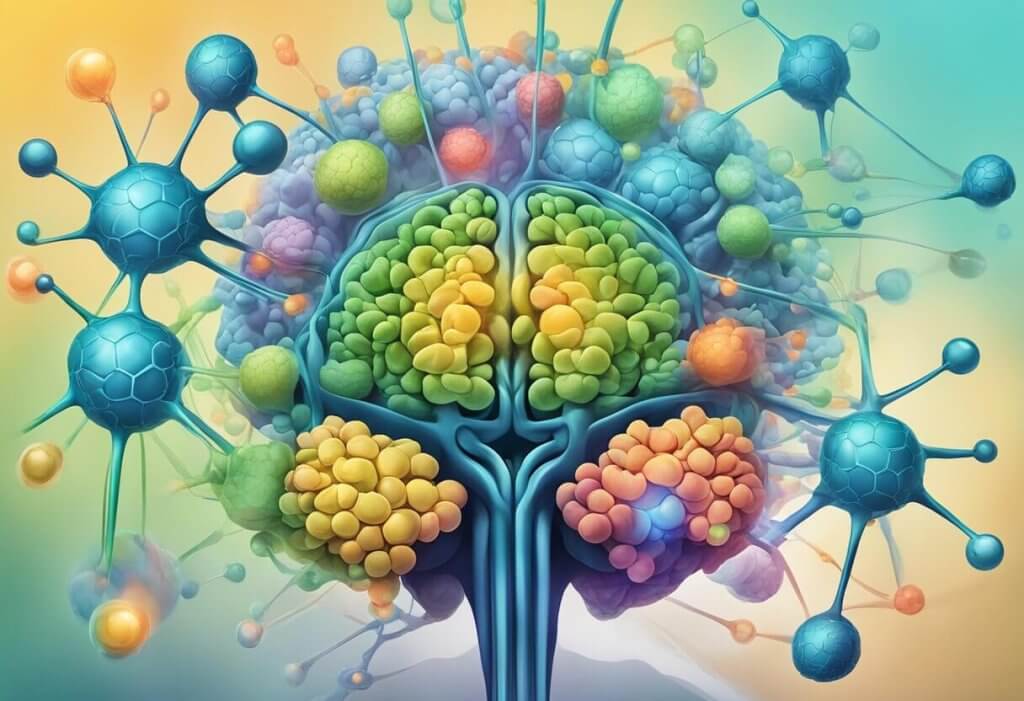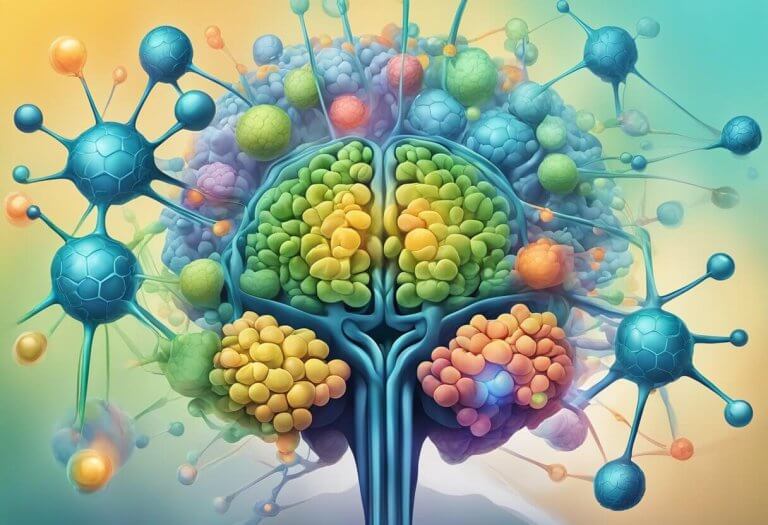Cannabidiol, commonly known as CBD, has garnered significant attention and use in various products, from oils to topical creams. Unlike its famous counterpart THC, the chemical responsible for most of marijuana’s psychological effects, CBD is not known to cause the high often associated with cannabis use.
Extracted mainly from hemp—a variety of the Cannabis sativa plant species that have low concentrations of THC—CBD is legally available in many parts of the world.
The growth in popularity of CBD hinges on the belief that it offers the health benefits of marijuana without the psychoactive effects.

The question of whether CBD is psychoactive is a complex one. By definition, psychoactive substances are compounds that affect the mind.
While CBD does interact with the nervous system, its effects differ significantly from those of THC. It does not produce the intoxicating effect that leads to the sensation of being “high.”
Instead, users may experience a reduction in certain symptoms such as anxiety or pain.
However, because it can influence mood and behavior, the term “non-psychoactive” used by some to describe CBD might not be fully accurate.
Key Takeaways
- Does CBD have psychoactive effects? The answer is NO.
- CBD is a component of cannabis that is legal in many regions and doesn’t produce a high.
- While CBD is not intoxicating, it can influence the nervous system, potentially affecting mood and behavior.
- Hemp-derived CBD products contain only trace amounts of THC and are different from marijuana in their effects.
CBD and Psychoactivity
Cannabidiol (CBD) is a cannabinoid that has garnered attention for its potential health benefits without the intense psychoactive effects associated with tetrahydrocannabinol (THC). This section unpacks the nuances of CBD’s effects on the brain, legal considerations, and its comparison with THC.

Scientific Evidence and Clinical Studies
Researchers are investigating how CBD interacts with the endocannabinoid system, particularly at the CB1 receptors. Unlike THC, CBD does not bind to these receptors with high affinity, which may explain why it doesn’t produce the euphoric “high” associated with cannabis.
Scientific studies suggest that CBD may instead exhibit a modulatory effect on the endocannabinoid system’s cannabinoids, potentially influencing glutamate and GABA pathways.
Consumer Considerations
When considering CBD products such as oils, tinctures, or edibles, it’s essential for consumers to assess labeling accuracy and purity.
The market’s variability in dose and ingredient transparency can impact the efficacy and safety of the product. Consumers should also be aware of potential side effects, such as drowsiness, dry mouth, and, in some cases, liver toxicity.
Comparing CBD and THC
CBD is often mentioned alongside its more infamous counterpart, THC, which is known for its psychotropic effects, such as euphoria and relaxation. However, CBD’s effects are distinct in that it does not intoxicate users or impair cognitive performance, leading to its classification as non-psychoactive.
It is, nonetheless, psychoactive in the sense that it can affect mood and behavior.
| CBD | THC |
|---|---|
| Non-psychoactive | Psychoactive |
| Does not produce a “high” feeling | Produces the “high” associated with marijuana |
| Binds weakly to CB1 receptors | Binds strongly to CB1 receptors |
Legal Status and Regulations
The legal landscape of CBD can be complex. The Farm Bill of 2018 differentiated hemp from marijuana by its THC content, legalizing hemp-derived CBD products with less than 0.3% THC.
However, state laws vary, and the FDA continues to regulate CBD as a controlled substance, imposing restrictions on its use in foods and as an unapproved drug for medicinal purposes.
“CBD is non-psychoactive and does not produce a ‘high’ like THC. It actually appears to counteract some of the effects of THC.” – .
Dr. Ethan Russo, neurologist and cannabis expert
Potential Health Benefits and Risks
CBD has been studied for potential therapeutic effects in various conditions, including epilepsy, anxiety, and chronic pain.
The FDA has approved Epidiolex, a prescription oil derived from CBD, for the treatment of conditions like Dravet syndrome.
Yet, research on its use for psychosis, substance use disorder, and other conditions is ongoing. While some studies show promise, the risks versus benefits of CBD use require careful evaluation, and it should not be considered a substitute for professional medical advice.
A Promising Study: A 2017 study published in the Journal of the American Medical Association found that “cannabidiol does not cause alterations of the body’s cannabinoid system contrary to THC.” This suggests CBD does not have the psychoactive effects of THC. (Source).
https://jamanetwork.com/journals/jama/article-abstract/2676624
Frequently Asked Questions

Exploring the psychoactive properties of CBD often raises several questions regarding its influence on mental state and brain function. Here are some clear answers.
Can CBD alter your mood or state of mind?
While CBD is not intoxicating like its cousin THC, it can have subtle effects on one’s mood.
For instance, many users report a sense of calm or relaxation after using CBD products.
What are the mental effects of using CBD?
CBD is often associated with potential therapeutic effects such as reduced anxiety and improved sleep patterns, which can indirectly have a positive impact on mental state, but it does not produce a “high” or altered reality.
Does using CBD lead to any changes in brain function?
Research indicates CBD may influence brain function through interactions with the endocannabinoid system, but these changes do not equate to the kind of psychoactivity associated with THC.
How does CBD affect your feelings compared to THC?
CBD does not elicit the euphoric feelings that THC is known for.
Instead, its non-intoxicating properties may help to promote a sense of balance and homeostasis within the body.
Are there any non-intoxicating effects experienced from CBD?
Yes, users can experience non-intoxicating effects such as mild relaxation and discomfort relief without the psychoactive high one might expect from cannabinoids like THC.
Might CBD usage cause a sensation of being ‘out of it’ or unfocused?
Unlike THC, CBD is not impairing, and most users do not report feeling ‘out of it’ or unfocused.
However, individual responses can vary, and other ingredients in CBD products might contribute to such sensations.
“I was hesitant to try CBD at first because I didn’t want to experience any mind-altering effects. But after using a CBD tincture for a few weeks, I can confidently say it has helped manage my anxiety without any psychoactive sensation whatsoever. It’s been a game-changer.”
Jessica, 32

